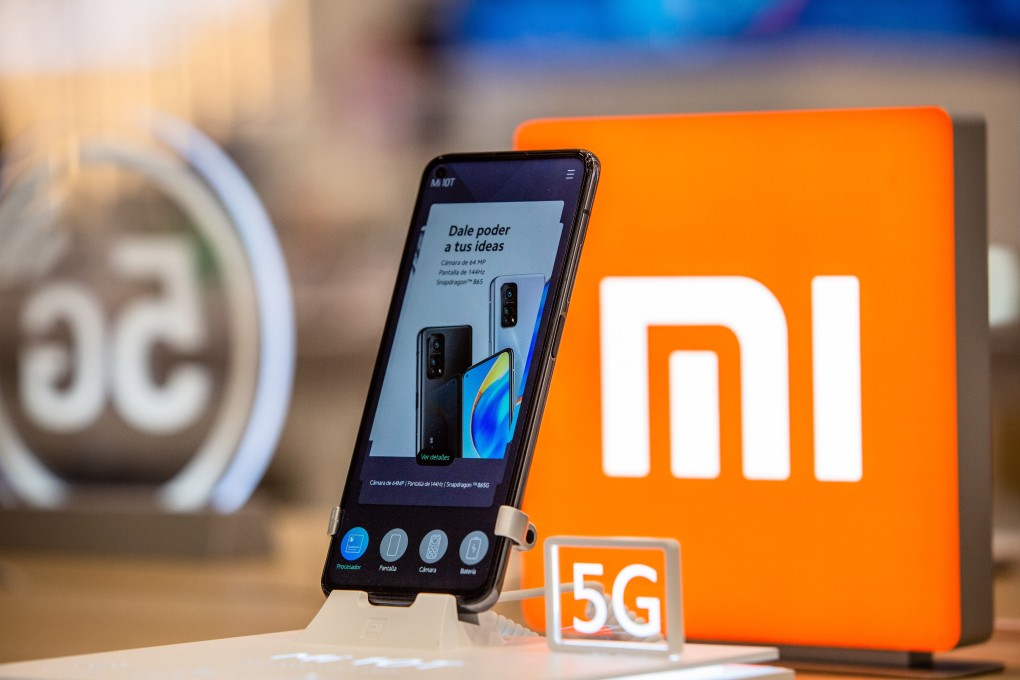Trump’s latest moves against Xiaomi, China tech will have little immediate impact, experts say
- The North American market is less than 0.1 per cent of Xiaomi’s smartphone shipments but more than two thirds of its handsets use chips from Qualcomm
- Beijing-based Xiaomi published a statement on Friday, saying its products and services are used only for civilian or commercial purposes

In its final days, the Trump administration has increased restrictions on Chinese companies, including smartphone maker Xiaomi, and has created rules that could further curb access to the US market by Chinese software and hardware developers.
Experts say that the expanded blacklist from the Department of Defense and updated regulations from the Department of Commerce will have limited immediate impact, but could be damaging if there is more to come.
The US Department of Defense (DoD) published a list of nine companies on Thursday, including Xiaomi and the state-owned planemaker Commercial Aircraft Corporation China (COMAC), adding them to a blacklist of Chinese companies suspected of having ties to the Chinese military.
The DoD said in an announcement on its website that the move was targeting “Communist Chinese military companies” operating directly or indirectly in the United States to “highlight and counter the People’s Republic of China’s (PRC) Military-Civil Fusion development strategy”. It did not provide further details on what kind of military ties each company has.
The same day, the Department of Commerce released its interim final rule on “Securing the Information and Communications Technology and Services (ICTS) Supply Chain,” which blocks US citizens from engaging in transactions in such sectors if the technology was made by, controlled by, or under the jurisdiction of a foreign country.
Responding to the sanctions, Beijing-based Xiaomi published a statement on Friday, saying its products and services are used only for civilian or commercial purposes.